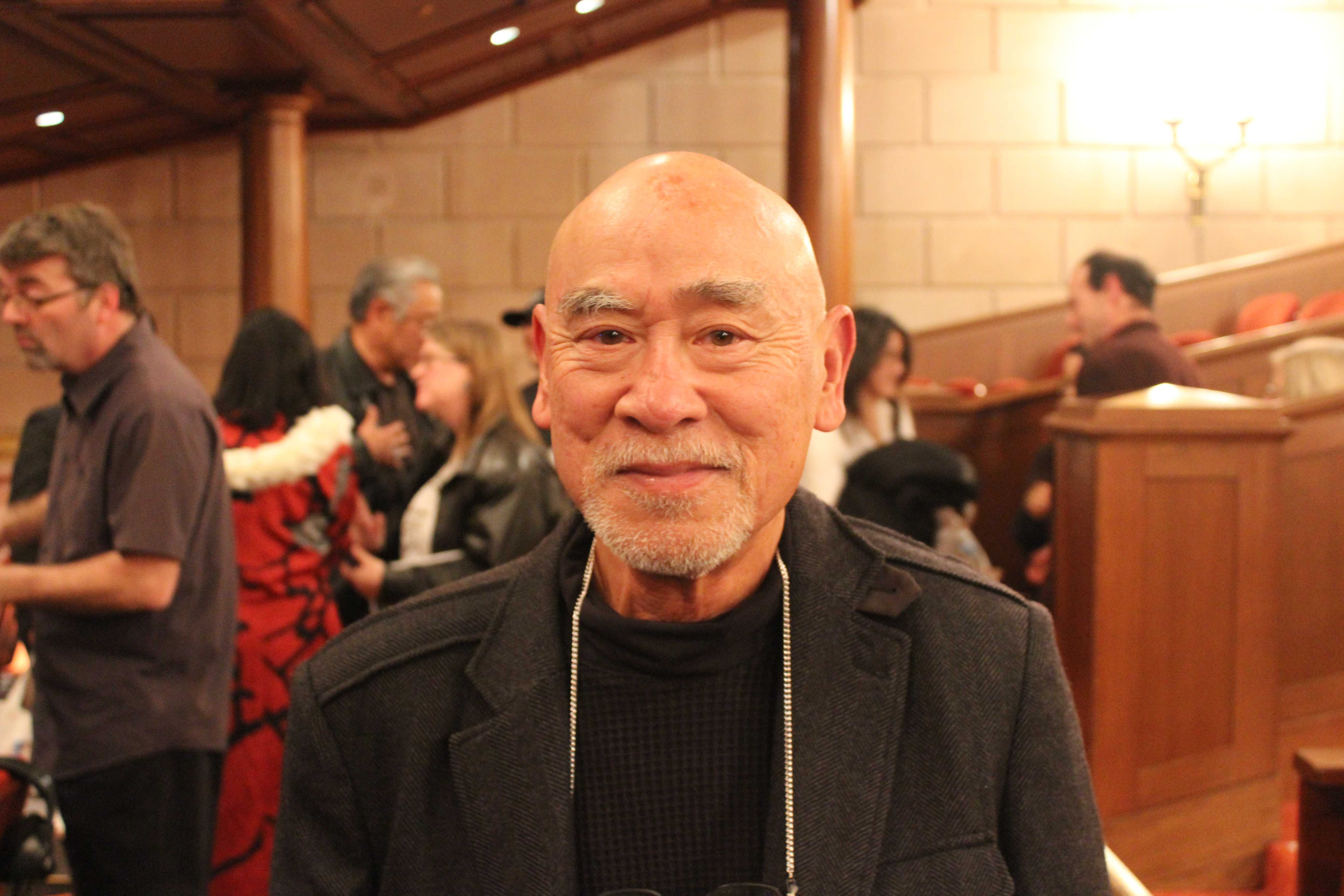San Jose resident Hiroshi Shimizu is one of thousands of Japanese-Americans who was interned at the Tule Lake camp in California by the Oregon border. The current president of the Tule Lake committee and chairman of the Day of Remembrance program in San Francisco, Shimizu spends a lot of time spreading awareness about Japanese-American internment.
Shimizu was born in the internment camp in Topaz, Utah in March of 1943. Just months after his birth, his family traveled to Ellis Island, where they avoided deportation because the ship was too full. His family was then shipped to Rohwer, Ark., and then several months later transferred to Tule Lake.
“Because my parents had elected to repatriate, and also because they had answered the loyalty questionnaire negatively, they were considered disloyal,” Shimizu says. “That term ‘disloyal,’ as the government used it for that purpose was not a legally binding definition, it was just a convenient hook that they used for people.”
For various reasons, most of them unknown to Shimizu himself, his parents renounced their American citizenship in 1945. According to the laws at the time, this made them “native-born aliens.” Even though the war had ended, the government elected to keep Shimizu’s family incarcerated due to his parents’ “disloyal” nature.
“All of the World War relocation centers were closed by then, so the only camps that existed were the Department of Justice internment camps for aliens,” Shimizu says. “This was in March of 1946, the war had ended in August of 1945, and we remained in the Department of Justice internment camp in Crystal City until September of 1947.”
Shimizu stayed in Crystal City, Texas until he was five years old. Although he was quite young, he still recalls his time in the internment camp.
“My experience was a child’s experience,” Shimizu says. “It was being able to play with kids my age and rather enjoying it, but well aware that we were incarcerated, that there was a fence that we could not go beyond, that if we wanted to go on the other side of the fence, there was a gate and the gate was guarded. I was totally aware of that.”
For Shimizu, coming home after interment was less of a return and more of a new experience. Having been born in a camp, internment was the only life he knew, unlike his parents, native-born San Franciscans.
“All of it was quite a bit to a cultural shock to me,” Shimizu says. “Having grown up in the camps, I spent my first four and a half years in concentration camps, completely surrounded by other Japanese. At that time when I returned, or came to San Francisco and started school, I only spoke Japanese.”
Nowadays, as the president of the Tule Lake Committee, Shimizu reconnects with his childhood by organizing pilgrimages back to the Tule Lake internment camp. One can register for this year’s pilgrimage online at tulelake.org starting Feb 19. Through his activism and community work, Shimizu hopes to build a better future.
“[My hope is] that the country would actually learn about and realize what was done to the Japanese during world War II and take it to heart,” Shimizu says. “That would transform them into having a greater understanding of people, and a greater respect for the laws.”





